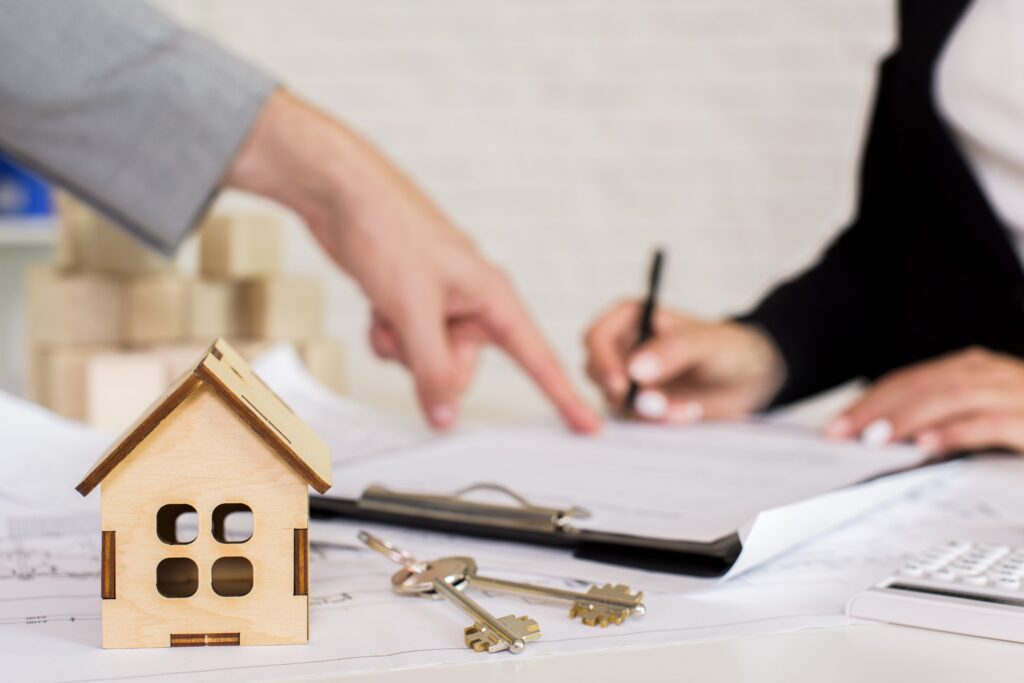
Most of the lease agreements we work with last for a term of 12 months.
These leases are fairly straightforward, and each lease states what will happen at the end of the lease term. Either we renew the lease with our tenants, or they notify us that they plan to move out.
The exact steps in our lease renewal process will depend on whether or not the lease will renew. Because it can take some time to discuss the terms of a new lease, we like to begin talking to our tenants two or three months in advance of the agreement ending.
Staying one step ahead of the lease expiration date is a good way to keep the lease renewal process stress-free and simple. Maintaining communication with tenants is important, and it will help if you already have a good relationship in place. We want both our owners and our tenants to feel comfortable with the process, whether we’re moving forward with a renewal or bringing the tenancy to an end.
Today, we’re talking about the lease renewal process, what it involves, and how to manage some of the most complex parts of lease renewals, including rental increases.
Communicate Early and Often During Lease Renewals
 Contact your tenants a few months before the lease ends, and discuss whether they’d like to stay where they are. Here are some of the options you can offer to your tenants:
Contact your tenants a few months before the lease ends, and discuss whether they’d like to stay where they are. Here are some of the options you can offer to your tenants:
- They can sign a new 12-month lease to continue renting the property.
- They can go month to month instead of signing a lease agreement.
- They can move out and provide notice of their intent to vacate.
You’ll want to offer an incentive for your tenants to renew. Retaining good tenants means lower vacancy and turnover costs. It’s more stable for your property and your rental income.
Your tenants may have plans to move in the next few months, and they won’t want to commit to a full year. In this case, they may prefer the month to month option for flexibility. In the current market, you may find a lot of tenants will want to stay in place. They know that rental values have increased over the course of the year that they’ve been renting with you, and it may cost more to find a new rental home in Benicia or the surrounding areas.
Ask your tenants to notify you of their decision as soon as possible. The sooner you know whether they’re staying or leaving, the sooner you can make plans to offer a new lease or to begin thinking about your next tenants.
Factors in Lease Renewal Decisions
Both owners and tenants are going to make lease renewal decisions based on several factors. Due to just cause eviction laws in California, we cannot simply decide not to renew a lease agreement with a tenant. We’d need a good reason to evict them at the end of their lease term, especially if they want to stay in place.
Unless there is nonpayment of rent or a lease violation or the owner wants to move back into the property, we’re going to offer a renewal to most tenants.
While making a lease renewal decision, tenants will likely consider:
- Whether they have had a positive rental experience over the last year.
- Whether the rental value matches the Benicia rental market.
- If maintenance and repair needs were responded to promptly.
- Whether the landlord and/or property manager was responsive and transparent.
Provide a firm deadline for tenants to let you know their intentions. You can send a letter about the lease renewal 90 days before the end of the lease, and then ask for their response within the next 30 days. That’s fair, and it gives all sides plenty of time to think and plan.
Establishing Lease Terms at Renewal Time

A fixed term lease renewal is pretty standard, and it’s for a fixed period of time, typically 12 months. You have the option to offer different lease terms. You can propose 18 months or six months.
Decide whether you’ll allow a month-to-month lease when your tenant wants to renew, but not for a full year. If you decide to allow this, make sure you still require enough notice before your tenant vacates. You’ll need to prepare your own turnover process. Establish the notice period as well as the increased rent. Most owners will charge more rent during a month-to-month agreement than a 12-month renewal.
Rental Increases at Renewal Time
 Most tenants expect that rent will go up when the lease renews.
Most tenants expect that rent will go up when the lease renews.
This decision is typically made between our team and the property owner before we reach out to the tenant to discuss the renewal.
We do our research on the Benicia rental market and we make sure we have the necessary data and documentation that supports our decision to raise the rent. We make sure we’re within all legal rent control guidelines and we remain open to talking with the tenant about why rent is increasing.
There’s also a consideration for tenant retention when we’re raising rent. Good tenants are valuable assets, and we want to keep them in place.
Most of our owners want to earn more on their rental property but understand that the increase has to be balanced against the risk of taking on additional costs to find a new tenant and turn the property over. While rent revenue goes up when we raise the rent, we also must accept the risk that the tenant may look elsewhere and find a unit for a more competitive price.
Set a fair rental price. It’s a good idea to raise the rent to the point that you’re earning more on the property, but not so much that your tenants will go looking elsewhere.
Keep in mind that rent control protocols must be observed and complied with. If your property falls under the requirements of The Tenant Protection Act, your increase will be limited.
We can help you navigate a lease renewal period if you’re not sure where to start. Contact our team at Krystle Properties, and we’ll help you with tenant communication, rental increases, and other terms that need negotiating at renewal time.



